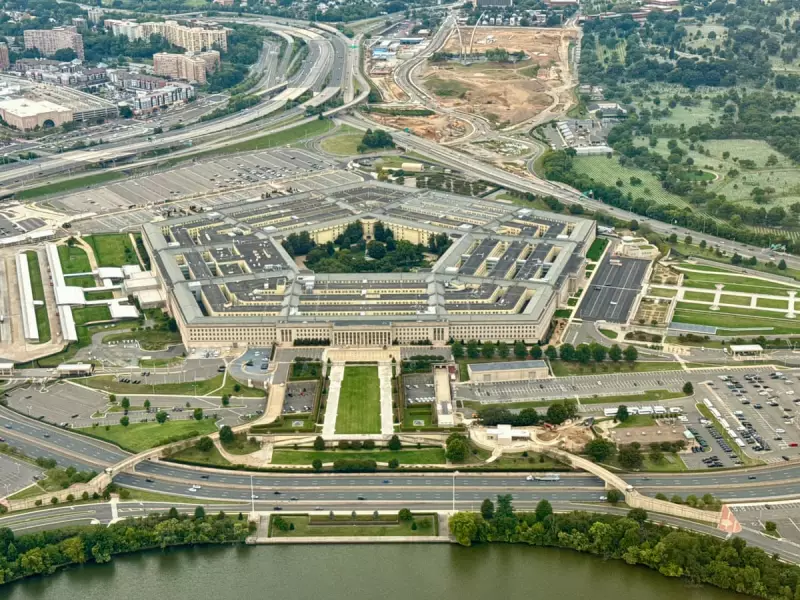
Pentagon Implements Sweeping Media Restrictions in Communications Shakeup
The US Department of Defense has implemented controversial new press protocols that centralise media communications through political appointees, raising significant concerns about transparency and press freedom.
Under the new rules, all questions from journalists must now be directed exclusively to political appointees within the Office of the Secretary of Defense for Public Affairs, effectively bypassing career civil servants and military officials who traditionally handled media inquiries.
Centralised Control Raises Alarm Bells
The dramatic shift in communications policy represents what media freedom advocates are calling an unprecedented level of political control over defence information. Career officials and uniformed personnel have been instructed to refer all media questions upward, stripping them of their traditional ability to speak directly with journalists on matters within their expertise.
This centralisation of communications comes amid growing concerns about:
- Reduced transparency in military operations
- Potential delays in critical information sharing
- Increased political influence over defence messaging
- Erosion of trust between media and defence officials
Defence Officials Defend Changes
Pentagon representatives have defended the new protocol, describing it as a streamlining measure designed to ensure message consistency. They argue that having political appointees handle all media interactions will prevent mixed messaging and provide more coordinated responses to complex defence matters.
However, critics within defence circles and media organisations counter that the changes represent a dangerous politicisation of military communications that could undermine public understanding of national security matters.
Historical Context and Implications
This move marks a significant departure from longstanding Pentagon media relations practices, where subject matter experts and career officials regularly engaged with journalists to provide technical details and operational context. The new system places all communications authority in the hands of political operatives, raising questions about how objective information about military operations will reach the public.
The timing of these changes has drawn particular scrutiny, coming during a period of increasing global tensions and complex military deployments where timely, accurate information is crucial for both public awareness and congressional oversight.
Media freedom organisations have condemned the restrictions, warning that they could set a dangerous precedent for government transparency and the public's right to know about defence and national security matters.






